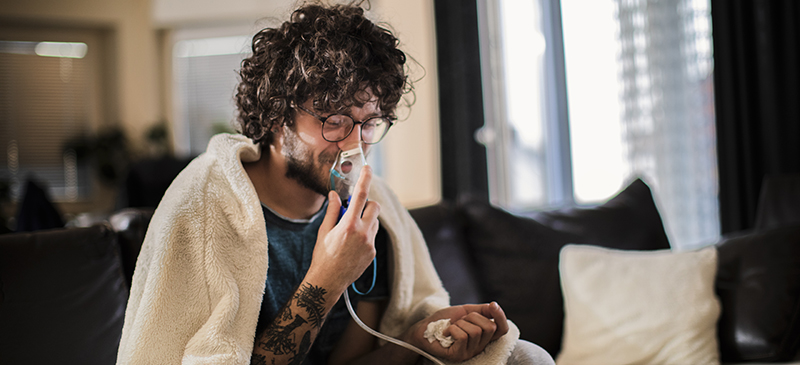
In the early 2000s, traumatic brain injury became the signature wound of the wars in Iraq and Afghanistan.
Awareness of and advocacy for returning soldiers with TBI grew among both health care providers and the public. In the same way, the COVID-19 pandemic is bringing awareness to post-intensive care syndrome.
PICS was not a well-known term, particularly in community-based health care settings and certainly not in the public, prior to the COVID-19 pandemic. PICS was first described by the Society of Critical Care Medicine in 2012 as “new or worsening impairments in physical, cognitive or mental health status arising after critical illness and persisting beyond acute care hospitalization.”
As a board-certified neurologic clinical specialist with nearly 20 years’ experience in brain injury rehabilitation, I was introduced to PICS approximately four years ago by a former supervisor and mentor who asked me to represent our outpatient rehabilitation programs in the development of a PICS follow-up clinic.
I quickly learned about the needs that people with the syndrome may have and the value that rehabilitation professionals could provide in these patients' recovery from critical illness. With upwards of 4 million people surviving critical illness each year, this is a growing population of people who can benefit from rehabilitation services who may not be properly identified as having PICS.
We do not yet understand the full impact that COVID-19 will have on these numbers of ICU survivors, nor do we have strong evidence that survivors of COVID-19 will be susceptible to PICS. However, with severe cases of COVID-19 resulting in conditions such as acute respiratory distress syndrome and sepsis that require significant time in an intensive care unit, potentially on a mechanical ventilator, the post-illness and post-ICU sequelae are becoming more apparent.
Physical therapists have an opportunity to advocate for our services in the postacute settings — not only for survivors of COVID-19, but for all survivors of critical illness who could benefit from physical therapy. We need to be prepared to both identify PICS in our patients and facilitate management of their care with an interprofessional team.